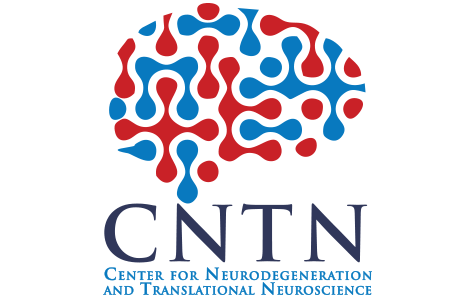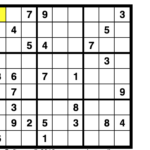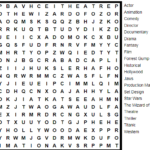 Cleveland Clinic Lou Ruvo Center for Brain Health and the University of Nevada, Las Vegas (UNLV) are making significant progress working together to learn more about Alzheimer’s disease and Parkinson’s disease. Their work is supported by an $11.1 million, five-year federal grant that established Southern Nevada’s first Center of Biomedical Research Excellence (COBRE) and the Center for Neurodegeneration and Translational Neuroscience (CNTN).
Cleveland Clinic Lou Ruvo Center for Brain Health and the University of Nevada, Las Vegas (UNLV) are making significant progress working together to learn more about Alzheimer’s disease and Parkinson’s disease. Their work is supported by an $11.1 million, five-year federal grant that established Southern Nevada’s first Center of Biomedical Research Excellence (COBRE) and the Center for Neurodegeneration and Translational Neuroscience (CNTN).
The Mystery of FOG
The researchers are investigating these two serious diseases in innovative ways. One study is looking at a common, disabling Parkinson’s disease (PD) symptom called freezing of gait (FOG) — FOG occurs when a person with PD experiences an inability to start walking or the feeling like they are glued to the floor. FOG is one of the most common causes of falls in individuals with Parkinson’s disease, and can result in serious injuries that undermine health and function. Currently, understanding of why FOG occurs is limited, and there are few effective treatments.
Led by Lou Ruvo Center for Brain Health movement disorders specialist Brent Bluett, DO, this study is using three approaches to learn about FOG. Over a three-year period, Parkinson’s patients with and without FOG will undergo a clinical evaluation, neuropsychological testing and MRI scanning.
“We will compare participants’ cognitive profiles and link them with structural and functional areas of the brain, with the goal of finding predictors of FOG so it can be treated before it advances,” says Dr. Bluett.
Immune Regulation and the Brain
Neuroinflammation (prolonged immune system activity in the brain) is the focus of a study led by Jefferson W. Kinney, PhD, of UNLV. In the past decade, research has found that neuroinflammation is present in the brain in Alzheimer’s and other neurodegenerative diseases. Neuroinflammation aggravates the amyloid plaques and tau tangles that accumulate in brain cells in Alzheimer’s disease and impair function.
Dr. Kinney and colleagues are probing the molecular and cellular mechanisms that regulate or contribute to inflammation in Alzheimer’s disease. They have demonstrated that GABA, a neurotransmitter involved in immune regulation, isn’t functioning properly in Alzheimer’s disease, and they are publishing results of this research.
“Targeting GABA with therapeutic agents has the potential to reduce inflammation and slow disease progression,” says Dr. Kinney.
Also focusing on neuroinflammation is Lou Ruvo Center for Brain Health Head of Neuropsychology and COBRE Investigator Sarah Banks, PhD, ABPP/CN, who is using PET scans to investigate neuroinflammation in the brain cells of individuals with Alzheimer’s disease and Parkinson’s disease.
Partner With Us
Around the country, COBRE grants from the National Institutes of Health support collaborations among researchers with complementary backgrounds and expertise, with the aim of strengthening institutional biomedical research capacity or simply put, working together to do more.
But research can’t be conducted without volunteers.
If you’re interested in participating in this observational study or other research studies at the Lou Ruvo Center for Brain Health, contact us at [email protected].









